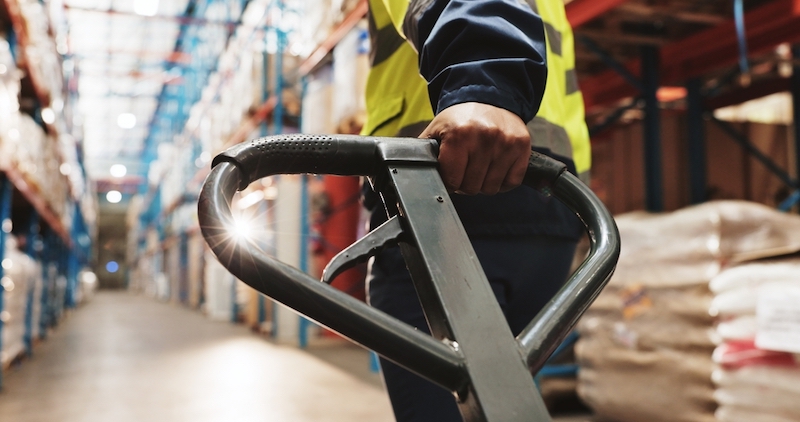Trade wars will ebb and flow in Trump’s era, believes Noramay Cadena, co-founder of Supply Change Capital, a $40 million Latina-led VC firm focused on the future of food.
While tariffs on Canada and Mexico were temporarily suspended, the 10% tariff on China took effect this week. Cadena and the fund’s portfolio companies are preparing for what could come.
“The President promised tariffs as part of his platform,” Cadena said. “Now and in the future, we anticipate environmental and policy-related strains on the global food supply chain.”
Investors and entrepreneurs prioritized efficiency ahead of Trump’s inauguration. According to Cadena, over the last year, the industry saw more than 100 deals focused on supply chain technology to improve data analytics and product flow.
However, Cadena is concerned about the short-term impacts of the tariff war, which include price hikes for U.S. consumers, tighter shelf space for emerging brands, and increased operational costs.
“We also expect more food safety incidents and liquidity crunches through the distribution value chain,” she adds.
But while these challenges loom, Cadena’s strategy hasn’t changed. “We’re committed to investing in early-stage technologies that can transform the food system,” she said.
The firm’s portfolio includes software and hardware finance platforms that improve supply chain analytics and digitize outdated data infrastructure. In 2024, Supply Change Capital made two lead Seed investments with an average check size of $1.3 million across the food supply chain.
One of the fund’s portfolio companies, Supply Pay, focuses on cross-border trade finance for agricultural producers in Mexico. According to its founder William Steele, the company was built “with tariff uncertainty in mind.”
The stronger dollar could offer some protection to Mexican exporters, cushioning the impact of the new tariffs, Steele believes. However, the immediate tariff effect is a liquidity squeeze across the supply chain, as businesses adjust to higher costs. Supply Pay is working to provide financial solutions to help importers manage their working capital.
The startup is now actively exploring and evaluating additional Mexican goods that can maintain strong demand even at higher price points. Supply Pay is also looking beyond the U.S. – Mexico trade to facilitate the import of goods from other LatAm countries, like Brazil and Colombia.
“The current administration is unlikely to stop using tariffs as a strategic economic tool until their objectives are met,” said Steele. “For companies like ours, resilience comes from diversification and fortification. We are structured to withstand uncertainty and adapt to shifting policies in real time.”
Steele suggests that, in addition to tariffs, Trump’s protectionist playbook could expand to include export restrictions on critical technologies, limiting the flow of essential innovations to global markets.
Another potential tactic could involve imposing import quotas, which would restrict the volume of certain goods entering the U.S. market. On top of these, deliberate delays in processing and regulatory approvals could also be used to exert economic pressure.








